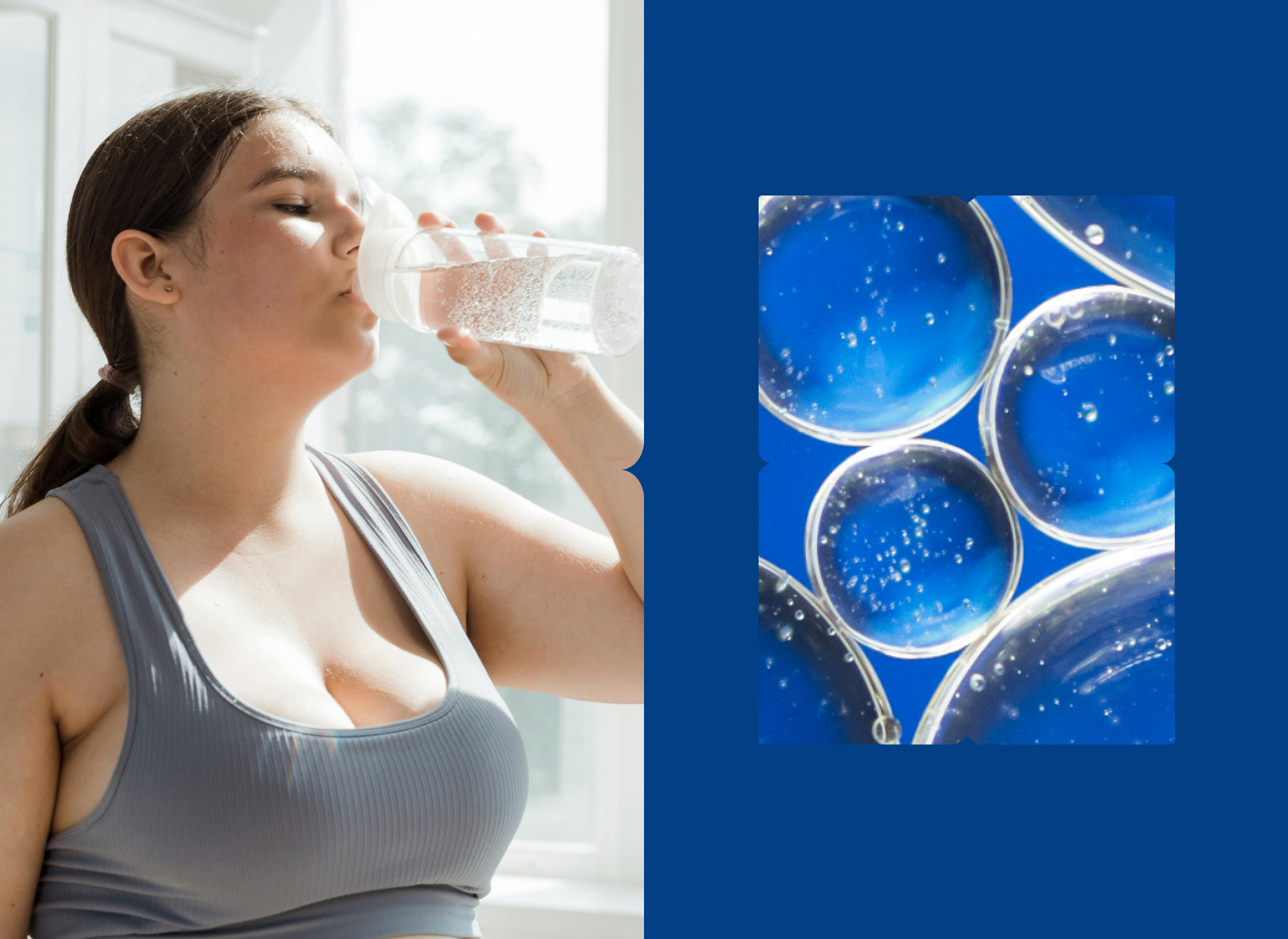Dangers of Dehydration in Children
Children have a higher body surface-to-body mass ratio and experience high unnoticed water loss through the skin compared to adults [2]. In addition, children are much less heat tolerant than adults and more likely to develop dehydration, especially in hot climates or during physical activity [1].
Mild or chronic dehydration leads to problems thinking, tiredness, headaches, and poor physical performance [1]. However, dehydration from vomiting, diarrhea, or excessive sweating causes a rapid loss of large volumes of water and fluids. The sudden drop in fluids changes sodium levels and can lead to difficulty breathing, seizures, coma, or even death [6].

How to Measure Hydration in Children
One of the greatest dangers for children is the inability to tell you they’re thirsty or to seek out fluids. Tracking a child’s fluid intake and performing regular hydration or dehydration tests is essential.

Monitor Urine Output
You can measure hydration levels by monitoring a child’s urine output. Infants and toddlers should have six to eight wet diapers daily, and urine should be a pale yellow to clear in color. Fewer wet diapers, less frequent urination, and very dark urine are signs of dehydration [7].
Watch for Symptoms
You can also watch for common signs of dehydration. Children may have dry lips, flushed skin, rapid heart rate, and thirst, or may be unusually hot or cold, irritable, and tired. Infants may have a sunken soft spot or fontanelle on the head [7].
Use Hydration Test Strips
Another method is to check the urine using hydration test strips [8]. These urine strips, namely the Diagnox Hydration Test strips, test for electrolytes and the weight of urine compared to the weight of an equal amount of water, a measure known as the specific gravity of urine. The normal range is 1.002 to 1.035. Values higher than 1.035 may suggest dehydration [9].
Bottom Line
Children have higher fluid loss, heat sensitivity, and overall fluid needs than adults. Careful attention to hydration habits, urine output, and symptoms is essential. At-home clinical-grade hydration tests can help you maintain healthy hydration and watch for potential problems.







.jpg)





